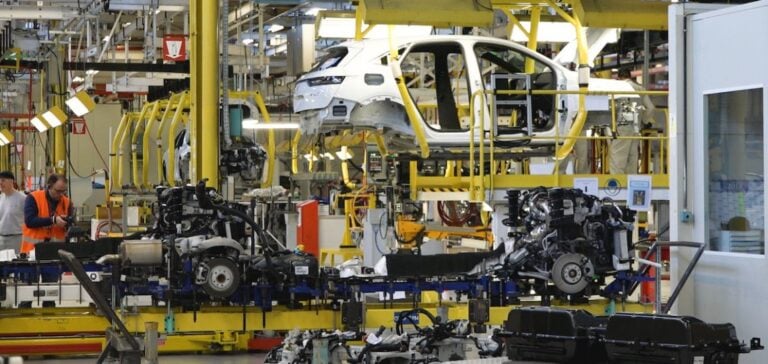The American Petroleum Institute (API), the U.S. oil industry’s largest association, has filed a federal lawsuit against the U.S. Environmental Protection Agency (EPA). The action is aimed at challenging the new exhaust emission regulations introduced last March, which require automakers to increase production of electric vehicles (EVs). According to forecasts by the Biden administration, up to 56% of car sales will be electric between 2030 and 2032. The USA has also legislated against imports of Chinese electric vehicles.
Reactions and implications
API argues that theEPA has exceeded its legislative authority by imposing regulations that would eliminate most new gasoline cars and traditional hybrids from the U.S. market in less than ten years. Ryan Meyers, API senior vice president and general counsel, said, “We are acting to protect American consumers, manufacturing workers and our nation’s hard-won energy security from this intrusive government mandate.”
Coalitions and Support
The complaint was filed with the Court of Appeals for the D.C. Circuit. The EPA declined to comment due to its non-disclosure policy on pending litigation. Alongside API, the National Corn Growers Association (NCGA) and the American Farm Bureau Federation (AFBF) have joined as co-petitioners. These farming groups, which rely on gasoline-powered cars to support the corn-ethanol industry, point out that electric vehicles don’t offer the same proven benefits for reducing greenhouse gas emissions.
Political context
In April, Republican attorneys general from 25 states also sued the EPA to block these same regulations. The new rules are among the most significant environmental measures implemented under the presidency of Joe Biden, who has made the fight against climate change a cornerstone of his mandate. However, this initiative has complicated relations with a key ally, the United Auto Workers (UAW) union, which remains reluctant to make the transition to electric vehicles.
These developments demonstrate the growing tensions between the administration’s ambitious climate goals and traditional industrial and agricultural interests. The outcome of this legal battle could have major repercussions on the future of the automotive market and the United States’ energy strategy.





















